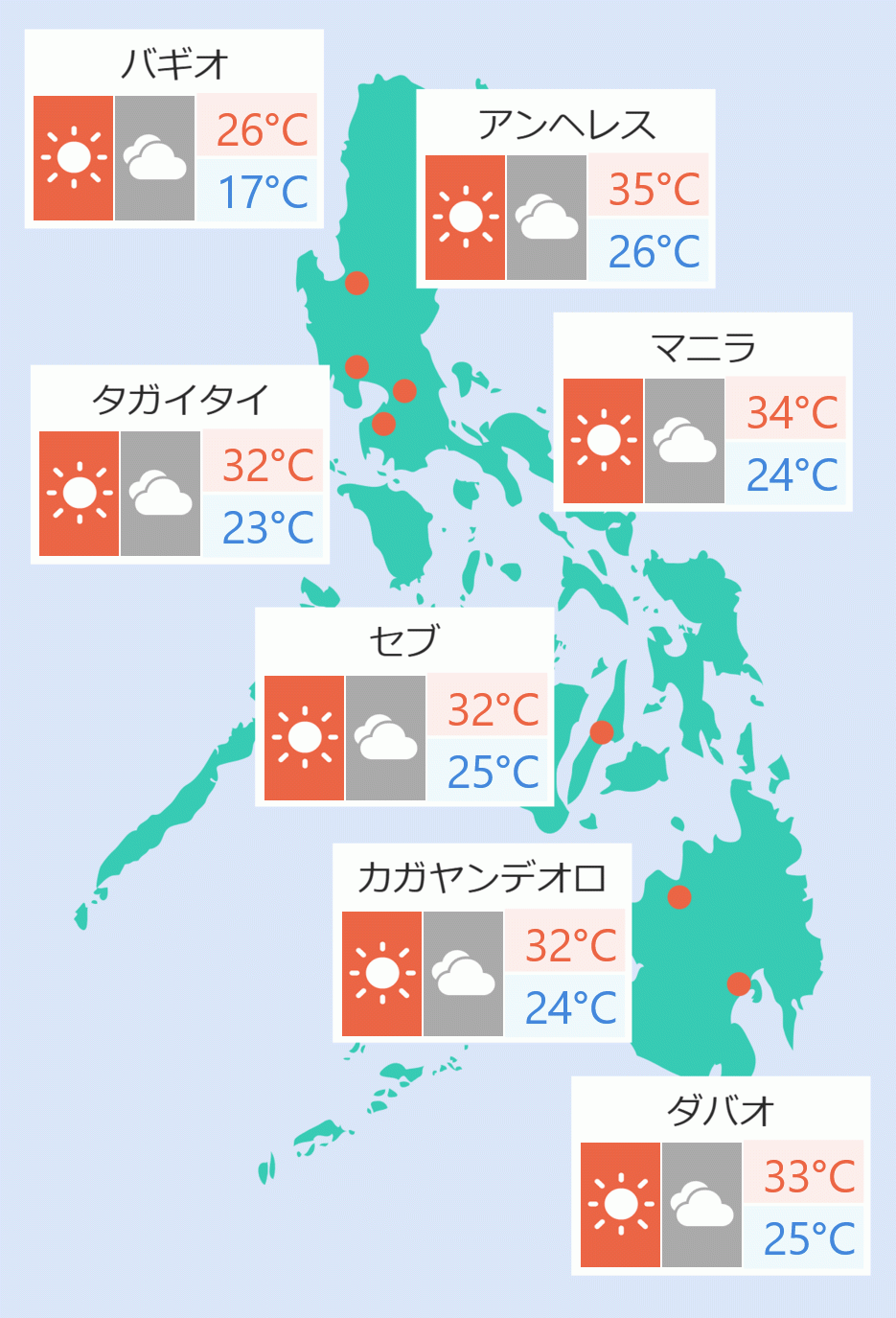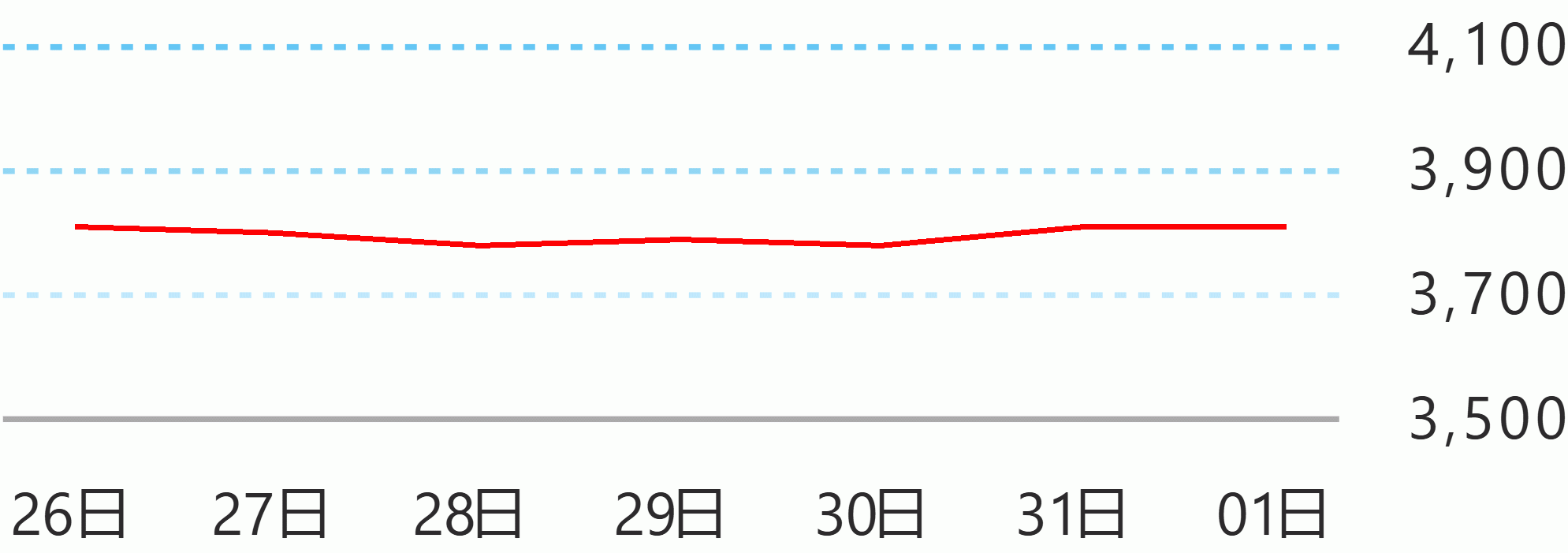The Philippines has secured a good deal with China in a negotiation conducted under the framework of the Regional Comprehensive Economic Partnership (RCEP) agreement, the country’s socioeconomic planning secretary said on Friday, as he highlighted the importance of the free trade pact.
In a press briefing in Malacañang, National Economic and Development Authority (NEDA) chief Arsenio Balisacan described RCEP as “a major game changer” for the Philippines because it provides the country with improved access to a much bigger market for its products.
“We have so much potential for processed products, for example, processed agricultural products, but using Filipinos as the only market will not bring you anywhere or will not bring you far. You need to have a much bigger market for these products,” Balisacan said when asked by reporters about the benefits of RCEP.
“And so, RCEP provides that kind of framework. In fact, in the negotiation that we had with China and the other member countries, we got a good deal. So, that’s one.”
Aside from those benefits, the country’s RCEP membership sends a signal to the world that it is ready for business, according to the NEDA head, adding that it also means the Philippines respects trade, customs, and labor rules and conforms with global practices.
The cost of doing business with the Philippines, he explained, is not going to be disproportionately higher with other competitors.
“Just by being a member, the potentials grow and so, even if—especially for investments, those in fact would be the much greater benefits, when investments come in because our investment climate, you know, is now comparable to those more advanced than us,” Balisacan pointed out.
But once the Philippines ships its products overseas, particularly agricultural produce, it has to conform to international standards, the NEDA official said.
Last April, the NEDA Board approved the Executive Order (EO) operationalizing the Philippines’ tariff commitment under RCEP.
The EO took effect on June 2, the end of the 60-day period after the Philippine has deposited its instrument of ratification.
Once issued, the EO shall be the basis of the Bureau of Customs (BOC) for the issuance of Customs administrative order, which shall be distributed to all ports to allow for the implementation of the preferential tariffs on e-ports from RCEP member countries.
The RCEP, which entered into force on 1 January 2022, is an ASEAN-led initiative that created the world’s largest free trade area in terms of the Parties’ combined gross domestic product (GDP) which is almost a third of the world’s GDP, and the market size of the Parties’ combined population accounts for almost one-third of the world’s population.
RCEP comprises the 10 ASEAN member states, and its trading partners Australia, China, Japan, Republic of Korea, and New Zealand. Presidential News Desk





 English
English










